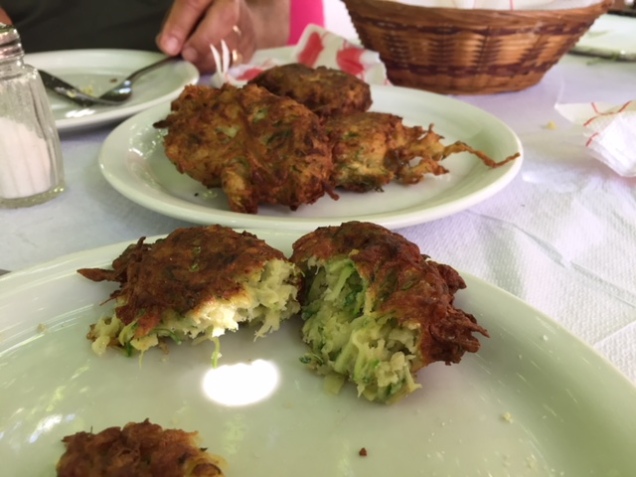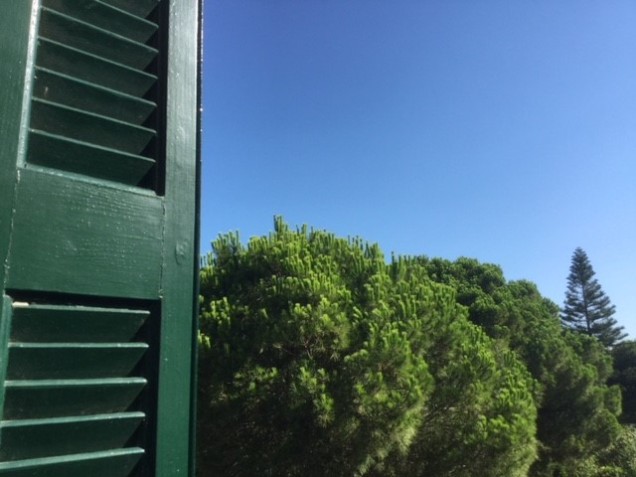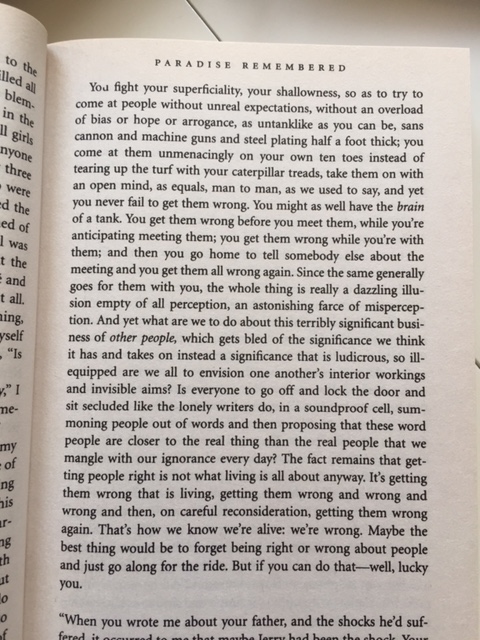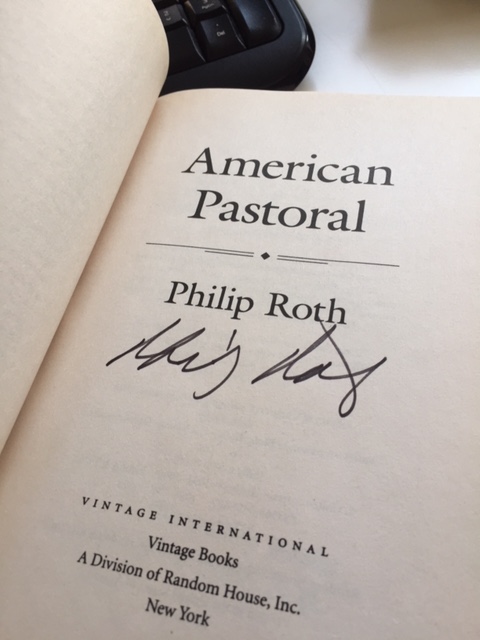
What I am doing in this series is reading Paradise Lost, a few lines at a time, in instalments.
A quick explanation for anyone who wouldn’t naturally find themselves reading such a poem: I’m interested in acts of translation from one way of thinking to another, particularly from Christian thinking in poetry – Dante, Milton, George Herbert, Henry Vaughan and many others – to my own a-religious thoughts. Many years ago, when I wrote my Ph.D, on what I called ‘Visionary Realism’, I realised that I was interested in what happens to religious experience when people no longer believe in religion. Are there, for example, still experiences of ‘grace’? Do we ever experience ‘miracles’? Are there trials and tribulations of the soul? Is there ‘soul’? …and so on. I came into this area of thinking through Doris Lessing’s novel-series Canopus in Argos, and particularly the first novel in that series, Shikasta. There’s a partial account of this in previous blog post, ‘Lifesavers’.
You’ll find a good online text here.
Last time, (here) I was reading about how having/being a great, well-oiled, mechanical army makes you feel strong but how that strength comes at the cost of literal heart-hardening. You feel pride but not much else. Satan reviews the army/machine, his heart hardened with pride, but what do the host of fallen angels see when they look at him ?(we’re in Book 1 line 587):
Thus far these beyond
Compare of mortal prowess, yet observ’d
Thir dread commander: he above the rest
In shape and gesture proudly eminent [ 590 ]
Stood like a Towr; his form had yet not lost
All her Original brightness, nor appear’d
Less then Arch Angel ruind, and th’ excess
Of Glory obscur’d: As when the Sun new ris’n
Looks through the Horizontal misty Air [ 595 ]
Shorn of his Beams, or from behind the Moon
In dim Eclips disastrous twilight sheds
On half the Nations, and with fear of change
Perplexes Monarchs. Dark’n’d so, yet shon
Above them all th’ Arch Angel: but his face [ 600 ]
Deep scars of Thunder had intrencht, and care
Sat on his faded cheek, but under Browes
Of dauntless courage, and considerate Pride
Waiting revenge: cruel his eye, but cast
Signs of remorse and passion to behold [ 605 ]
The fellows of his crime, the followers rather
(Far other once beheld in bliss) condemn’d
For ever now to have thir lot in pain,
Millions of Spirits for his fault amerc’t
Of Heav’n, and from Eternal Splendors flung [ 610 ]
For his revolt, yet faithfull how they stood,
Thir Glory witherd.
I’m thinking about real armies, or even gangs, and how when we are part of such a group, we might look at our leader. Not always with total admiration, I imagine, even if you have adopted said leader willingly. I watch. I see what he is, I know what he is. Supply your own real life leader, where you know they know they are tricking themselves but you don’t say – or even hardly dare to think in consciousness – that they are doing so. They army ‘observ’d/Thir dread commander’, where ‘observd’ is not the same as ‘looked’, or even ‘watched’ :there’s a distance and perhaps even a judgement in ‘observd’. At first we see only the leader’s strength and pre-eminence:
he above the rest
In shape and gesture proudly eminent [ 590 ]
Stood like a Towr;
But that is soon undercut by the sense of loss that attends all the fallen:
his form had yet not lost
All her Original brightness, nor appear’d
Less then Arch Angel ruind, and th’ excess
Of Glory obscur’d:
The ‘yet’ is crucial. It raises issues of time and what continues after an act. When we’ve done something wrong – imagine your own wrong thing, whatever would count as ‘sin’ or ‘corruption’. A simple time-bound act, which is completed, is one thing. (But is any act ever simply time-bound? Doesn’t everything have reverberation and consequence, ongoingness, internally even if not externally). And many other acts of wrong-doing are not, can not be, time-bound, because they affect the being of ourselves and others. In Satan’s case, he has not yet lost everything, though the ‘yet’ gives us the clue that that will inevitably perhaps happen. If you do something bad, and stop, that’s one thing. If you do something bad and continue, that’s another.
He looks like an ‘Arch Angel ruin’d’, but you still get the words ‘Arch Angel’ in a sighting him before you get to the word ‘ruind’. Something of his original state yet remains. I’m thinking of the innocence of babies and small children. They are, as Blake might have thought, innocent of experience, experience has not sullied them yet. All experience is (is it?) corrupting. I’m thinking of a speeded up film of a peach rotting – there’s corruption – it is natural, it must happen, given that we are in time, rather than in a frozen moment. The closer you are to young childhood the less sullied by experience. Is there an adult innocence which might remain unsullied? Some people do seem closer to ‘good’ than others. And when we see it, we can see what cynicism looks like and how corrupting it can be. How things unfold and continue in time matters. I believe this makes it possible for those of us who live to change, when we’ve done wrong, to do better or less wrong. If we wish. And if we can. For Satan this is never a possibility, as we will see.
Next comes a longish Miltonic simile, which you might, in a Shared Reading group, want to spend a little time on, going forward in order to look back again at what we’ve just read:
his form had yet not lost
All her Original brightness, nor appear’d
Less then Arch Angel ruind, and th’ excess
Of Glory obscur’d: As when the Sun new ris’n
Looks through the Horizontal misty Air [ 595 ]
Shorn of his Beams, or from behind the Moon
In dim Eclips disastrous twilight sheds
On half the Nations, and with fear of change
Perplexes Monarchs.
Good to get your group remembering what it looks like when mist obscures the brightness and yet lets us see the sun. Or to remember the strange cold unnaturalness of the eclipse. And to feel, that feeling e have in an eclipse does not feel good. So while Satan is upright like a tower, Milton is also undercutting him and wanting us to also feel, Satan has lost the best of himself. It’s not good. And his troops can see and feel that -remember, we started this secton with them observing him.
And now, as if a camera turned from a long panning shot of the army to a close-up of Satan, we learn how it feels to see what he sees:
Dark’n’d so, yet shon
Above them all th’ Arch Angel: but his face [ 600 ]
Deep scars of Thunder had intrencht, and care
Sat on his faded cheek, but under Browes
Of dauntless courage, and considerate Pride
Waiting revenge: cruel his eye, but cast
Signs of remorse and passion to behold [ 605 ]
The fellows of his crime, the followers rather
(Far other once beheld in bliss) condemn’d
For ever now to have thir lot in pain,
Millions of Spirits for his fault amerc’t
Of Heav’n, and from Eternal Splendors flung [ 610 ]
For his revolt, yet faithfull how they stood,
Thir Glory witherd.
First we see him, from the outside:
Dark’n’d so, yet shon
Above them all th’ Arch Angel: but his face [ 600 ]
Deep scars of Thunder had intrencht, and care
Sat on his faded cheek, but under Browes
Of dauntless courage, and considerate Pride
Waiting revenge: cruel his eye, but cast
Signs of remorse and passion to behold [ 605 ]
The fellows of his crime,
What a complicated picture of experience this is – however he is darkened by his loss, yet he still shines more brightly than any of his followers. I’m noticing the qualifier ‘yet’ then the next qualifier, ‘but’: even as he is brighter, he is also scarred and careworn . Now another ‘but’ –
but under Browes
Of dauntless courage, and considerate Pride
Waiting revenge:
These lines are full of ‘yet’, and ‘and’ and ‘but’. Milton doesn’t want to us to say one simple thing about Satan – he wants us to see as much complexity as we can take. Including finally – and for the first time? – ‘signs of remorse’. This comes as he sees the state of his fellows:
but under Browes
Of dauntless courage, and considerate Pride
Waiting revenge: cruel his eye, but cast
Signs of remorse and passion to behold [ 605 ]
The fellows of his crime, the followers rather
(Far other once beheld in bliss) condemn’d
For ever now to have thir lot in pain,
Millions of Spirits for his fault amerc’t
Of Heav’n, and from Eternal Splendors flung [ 610 ]
For his revolt, yet faithfull how they stood,
Thir Glory witherd.
The ‘yets’ and ‘buts’ and ‘ands’ are so important for building the complexity of the situation. I wonder if any of the recent world dictators/tyrants/murderers have ever felt like this – bearing the guilt of corrupting others, ruining them. How awful too to feel them both ‘faithful and yet ‘withered’. But then, does it need to be tyrant, I ask myself, could you imagine being that person? Seeing what you’ve done wrong writ large across the faces and lives of others? And of course I can.
Life after the fall is full of such misalignment, paradox, odd conjunctions, yets ands and buts. That is why I love this poem: there is no other work of literature that so strogly sets out whast it means to be fallen, me, you, the world, the lot.












